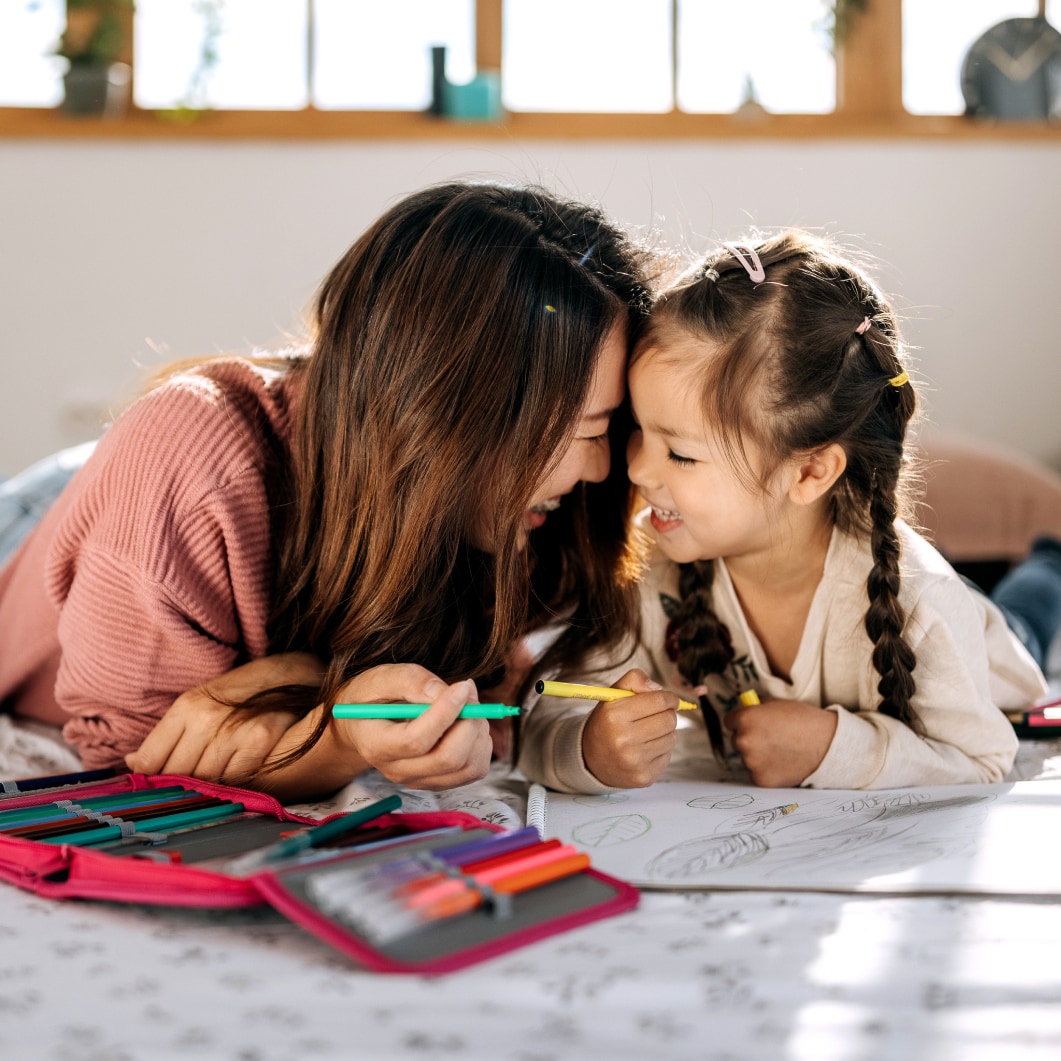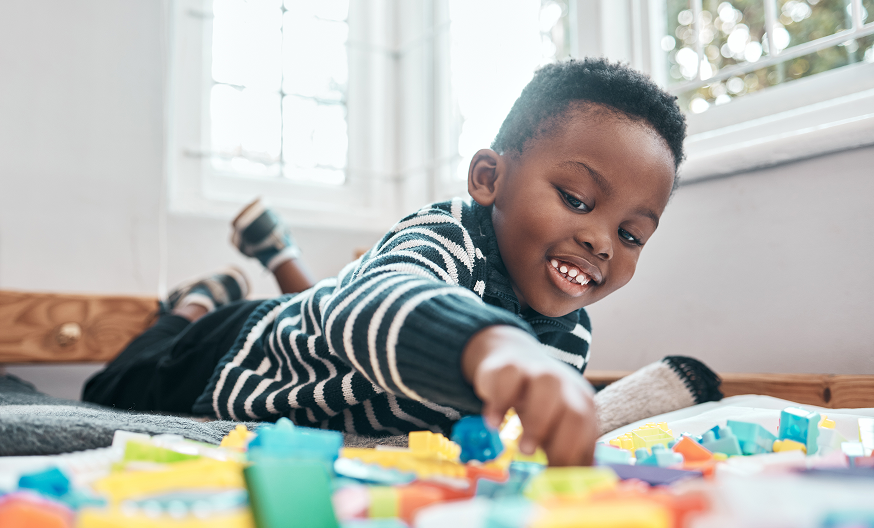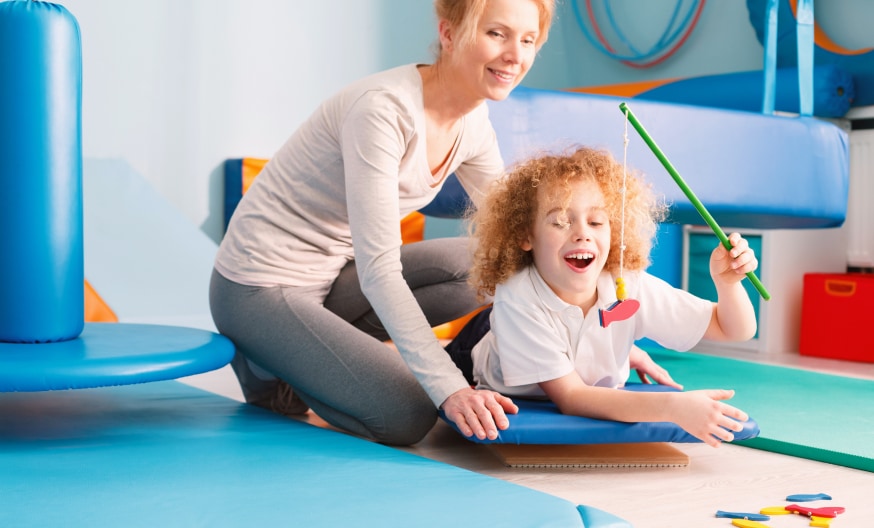Applied Behavior Analysis (ABA) is an evidence-based approach designed to improve or modify specific behaviors in a structured and positive way. ABA therapy works by breaking down complex tasks into smaller, manageable steps. These steps are taught one at a time, building on each other to help children achieve larger goals, like functional communication or social interaction. Therapists use positive reinforcement, such as praise or favorite items, to encourage and reward progress as children master each step.
For children with autism, ABA therapy helps by using techniques like prompting and reinforcement to teach new skills and replace challenging behaviors with more appropriate ones. It’s not just about addressing problem behaviors—it’s also about building skills in areas like social interaction, reading, academics, communication, grooming, hygiene, fine motor coordination, and even practical tasks like cleaning a room or improving job readiness.
ABA therapy is widely recognized as the most effective treatment for autism spectrum disorder (ASD). It’s recommended by trusted organizations, including the Centers for Disease Control (CDC), the National Institutes of Health (NIH), the U.S. Surgeon General, major insurance providers, state health agencies, the American Medical Association, and the American Academy of Pediatrics. While there’s no single “cure,” ABA therapy is a proven method for helping children with autism grow, learn, and thrive.



